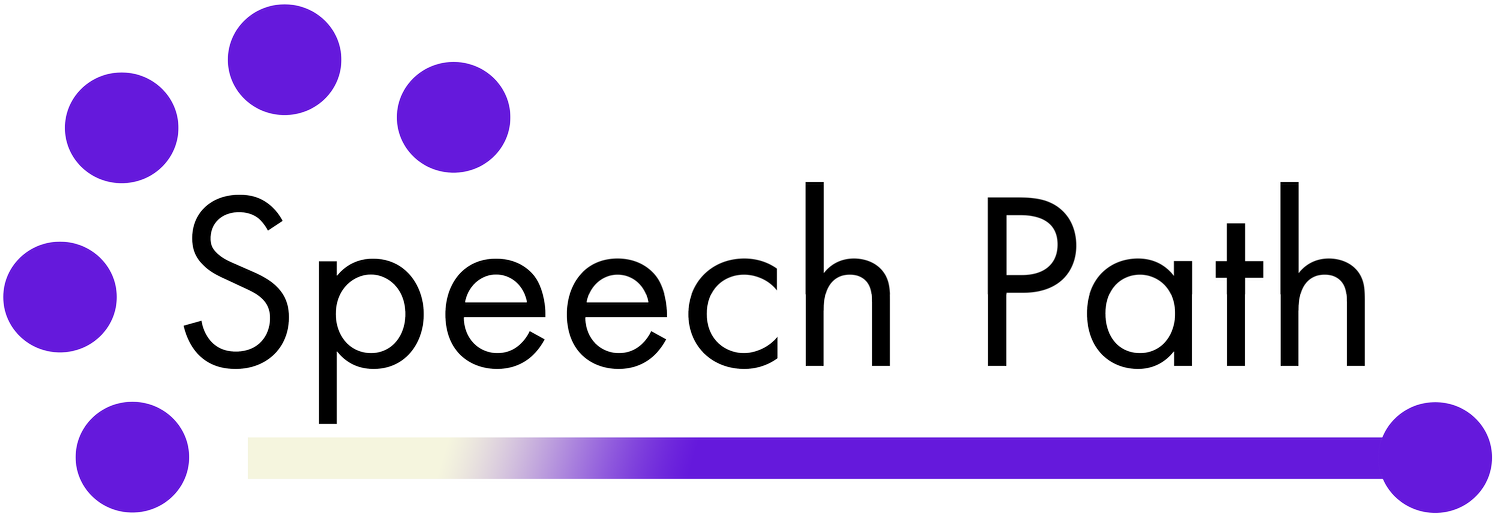Games and Activities to Build Your Toddler's Communication Skills
All children can benefit from games and activities that help build language knowledge and communication skills, whether or not they are experiencing language delays or developmental differences. From the time your child is born through the toddler years and beyond, you can actively nurture their language abilities to help them express themselves and interact with the world around them.
However, if it seems like your toddler isn’t quite meeting language milestones that are typical for their age group, they may benefit from some extra help. Speech therapy for kids can help toddlers strengthen their communication skills and prepare for school.
Whether or not your child needs speech therapy in SF, language-rich games and activities are beneficial for them. In this blog, we’ll explore some of the ways you can build a language-rich environment for your toddler, as well as specific games that foster language development.
Why Is a Language-Rich Environment Crucial for Toddlers?
A language-rich environment is one that actively fosters language skills. Building a language-rich environment relies upon frequently exposing your child to sounds and words, such as by offering a verbal narrative about what’s going on.
Language skills are a gateway to interacting with the world. By acquiring speech and language skills, young children can also advance their socioemotional development, emotional regulation, and problem-solving skills. They learn that communication is a way to get their needs and wants met, as well as to develop strong bonds with their parents or guardians/caregivers.
Simple Activities and Habits to Support Communication
There are quite a few strategies parents and caregivers can use to create a language-rich environment. Some simple activities and habits to engage in on a daily basis include:
Reading to the child every day from birth
Copying the simple sounds the child makes like “baba” and “ma”
Making eye contact when the child babbles or makes other sounds, and talking back to them as if you were having a conversation with them
Being responsive when a child communicates through laughter or funny facial expressions by making facial expressions back at them or describing what they did
Pointing out things that they see and feel in their environment, like objects, actions, and textures
Getting into the habit of talking to a child during daily activities is a great way to stimulate language development. Keep up a running commentary while bathing, dressing, feeding, and playing with them.
Language-Rich Games for Toddlers
One of the great things about working with your toddler on language skills is that there are plenty of language-rich games that can bring more fun and joy to your child’s day. Toddlers are naturally curious about the world around them and eager to learn from their parents and caregivers.
Some games to try include:
Mystery Box
The mystery box is a fun game that will keep your toddler guessing. Find an empty box, such as a shoebox, and cut a hand-sized hole in the side. Find some everyday objects with various textures and shapes, such as a ball, a hairbrush, and some Play-Doh. Place one item at a time in the box and close the lid, making sure your child doesn’t see the item.
Ask your child to reach their hand in through the hole in the side of the box and guess what the item is by describing how it feels (e.g. cold, soft, or squishy). If your child needs help, provide clues or choices.
Mix it up from time to time by adding in an item that your child isn’t familiar with. After your child tries to guess what it is, you can reveal the item and teach the proper word for it.
Tickle Fight
Many toddlers love a good tickle fight. Teach your toddler to say “tickle” or “stop” depending on whether they want more tickles or they’ve had enough for now. This helps your toddler learn to verbalize their requests and needs, while also establishing their own personal boundaries.
Creative Racing
You can help your toddler learn about verbs (i.e., action words) by having different types of races. The two of you can run to the finish line, or you can skip or even spin. You can also lie on the floor and roll to the finish line.
Blanket Forts
Blanket forts are a childhood favorite, and you can use the opportunity to work on words relating to spatial concepts (i.e., position words). It’s also an opportunity to help your toddler practice following one-step and two-step directions. For example, you can say “Take the blanket and walk backward,” (directive) and “Place the pillow in the fort,” and “Stand behind the fort” (spatial concepts).
I Spy
I Spy is a classic game for toddlers that can be played in a number of ways. For instance, you could say, “I spy something that says woof” (for dog). If you’re working on categories, you could say “I spy an animal.” If your toddler is working on using phrases, you can have them say, “I spy…” along with an object they see.
Does Your Toddler Need Extra Support?
Speech therapy for kids can be incredibly helpful if you’re concerned about your toddler’s language acquisition and communication skills. At The Speech Path in San Francisco, our pediatric speech-language pathologists (SLPs) offer speech therapy services via telehealth and right in your own home.
We also host SLP-facilitated play groups, during which your child can develop communication skills and social skills within a language-rich environment. In addition, you may be interested in our evidence-based It Takes Two to Talk® family-focused early language intervention for caregivers of young children with language delays or disorders.
Contact us today to find out how speech therapy in SF can help your child thrive!
